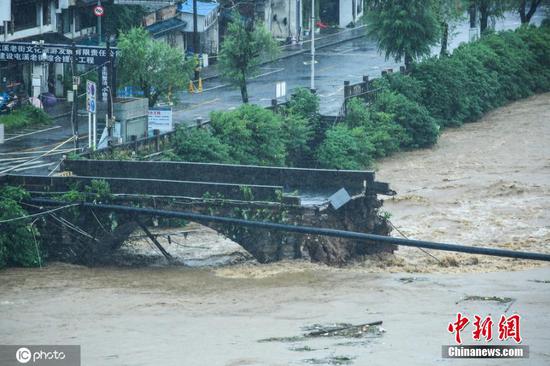The ongoing COVID-19 pandemic has already prompted an "unprecedented" fiscal policy response of close to 11 trillion U.S. dollars worldwide, pushing global public debt to reach record high level, the International Monetary Fund (IMF) said Friday.
"In the face of a sharp decline in global output, a massive fiscal response has been necessary to increase health capacity, replace lost household income and prevent large-scale bankruptcies," Vitor Gaspar, director of the IMF's Fiscal Affairs Department, and Gita Gopinath, IMF chief economist, wrote in a blog.
"But the policy response has also contributed to global public debt reaching its highest level in recorded history, at over 100 percent of global GDP (Gross domestic product), in excess of post-World War II peaks," they noted.
Gaspar and Gopinath said the need for continued fiscal support is "clear" as countries gradually reopen from the lockdown, "but this begs the question of how countries can finance it without debt becoming unsustainable."
In 2020, relative to the IMF's January World Economic Outlook, fiscal deficits are expected to be more than five times higher in advanced economies and to more than double in emerging market economies, leading to an unprecedented jump in public debt of respectively 26 and 7 percentage points of GDP.
Overall, public debt is expected to "stabilize" in 2021, spurred by low interest rates and a projected strong rebound in economic activity in the baseline, the authors said, though "caution is advised."
"There is a great diversity in debt levels and financing abilities across countries and high uncertainty surrounding the forecasts," they said. "Borrowing costs can increase rapidly, particularly for emerging economies and frontier markets, as was the case in March."
They noted that "ensuring a path back to sustainable fiscal balances" will also be key in countries that entered this crisis with already elevated debt and low growth.
"Governments will need to pursue a credible medium-term fiscal plan that relies on improving revenue mobilization -- including through minimizing tax avoidance, greater tax progressivity in some cases, carbon pricing and higher efficiency in spending," they argued.
They also stressed that "transparent communication" of any plan will help contain potential volatility in sovereign debt markets in the transition.
Moreover, international institutions must ensure that access to international liquidity is not disrupted by self-fulfilling market panics, they said, noting that the international community must also ensure that vulnerable low-income developing countries lacking the resources to support healthcare systems and sustain lifelines have access to concessional financing and, in some cases, grants.
Some 72 countries have already received IMF emergency assistance, "but far more bilateral and multilateral support will be needed," they added.


















































